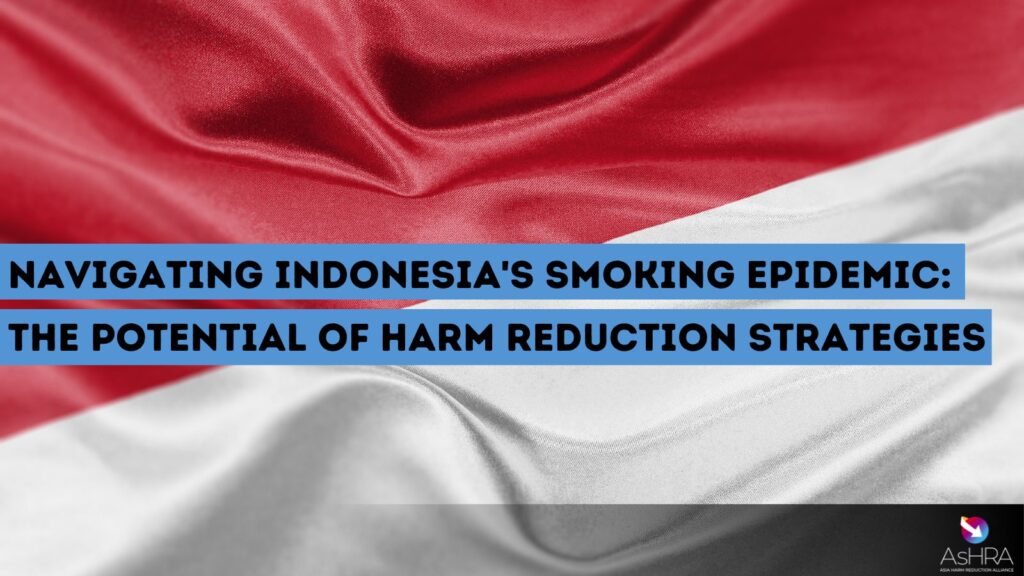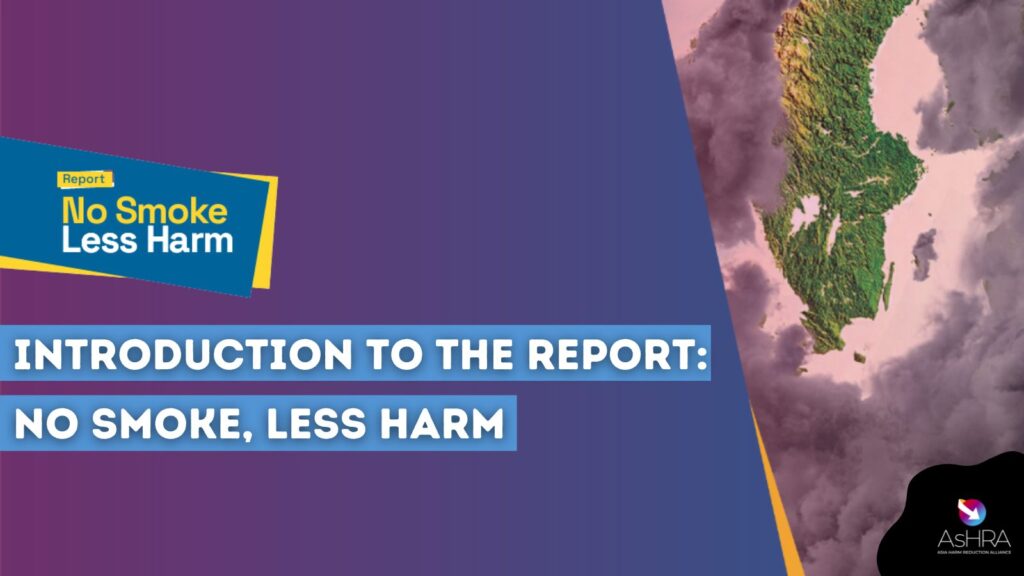A recent survey shared by Sermo and the Foundation for a Smoke-Free World reveals surprising insights into the misinformation that surrounds nicotine in the medical community. Known as the Doctor’s Survey, this initiative interviewed 15,000 physicians across 11 countries in order to ‘develop actionable insights for accelerating an end to smoking.’ These countries included China, Germany, Greece, India, Indonesia, Israel, Italy, Japan, South Africa, UK, and the US.
Through the interviews, the survey reveals that 77% of physicians believe that nicotine, in and of itself, causes lung cancer. This number also saw a drastic increase in particular surveyed countries – with the highest figure being at 97% for Indonesia – and the lowest still at a high 60% for the UK. Additionally, many doctors also held associations – and even causality – between nicotine and other diseases, such as bladder cancer, COPD, atherosclerosis and so on.
However, while nicotine is a component of cancer-causing cigarettes, it by itself ’causes negligible health consequences.’ In fact, nicotine is often used to help smokers quit cigarettes through its presence in risk-reduced smoking alternatives.
In a panelist event discussing the Doctor’s Survey, Dr. Jed Rose shares that there is no short term solution for smoking and, therefore, he is a proponent of ‘rerouting behaviour to an alternative, less harmful habit and helping smokers to retrain their craving to go to a less harmful source of nicotine.’ However, in order for other doctors to do the same, it is important for them to hold and share the correct information about nicotine and Nicotine Replacement Therapies (NRTs). The Doctor’s Survey finds that, perhaps related to misconceptions about the harms of alternatives, many doctors focus on a ‘general cessation rather than specific alternatives to smoking.’
Given the gaps in knowledge highlighted by this survey, there needs to be more education and awareness training for doctors around the world on smoking, nicotine and cessation therapies. This seems particularly true for surveyed countries in Asia, with Indonesia (97%), China (91%), India (88%) and Japan (88%) marking the highest percentage of physicians who believe that nicotine causes lung cancer. The only other Asian country interviewed, Israel (69%), is also not far behind.

Dr. Sudhanshu Patwardhan from the same panel discussion shares how 80% of current tobacco users live in lower and middle income countries (LMICs). This makes the high rates of misinformation among doctors in countries like India and Indonesia even more dangerous.
As long as nicotine remains synonymous to cancer among healthcare professionals, doctor support for harm reduction will remain at a disadvantage. However, on a positive note, the Doctor’s Survey also found that 81% of physicians are interested in training about smoking reduction and cessation. Promisingly, this number only increases when looking at most Asian countries – with 92% in China, 85% in India, 90% in Indonesia and 90% in Japan.
The clear next step lies in meeting this interest with trainings, campaigns and initiatives because, as Dr. Sudhanshu Patwardhan urges, ‘this is not the end of the work, this is the beginning of the work.’
Author:
Hazel Lincy – Ebenezer
Doctoral Graduate in Human Rights Law
India
Related Posts
More about
Alcohol Harm Reduction
More about







